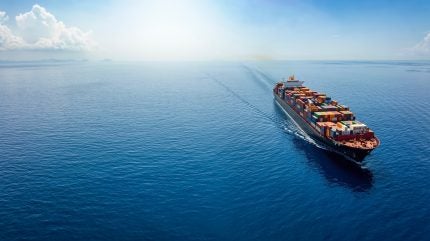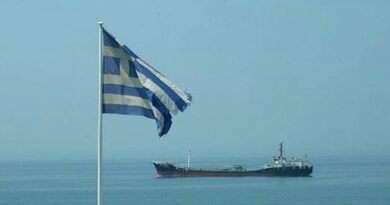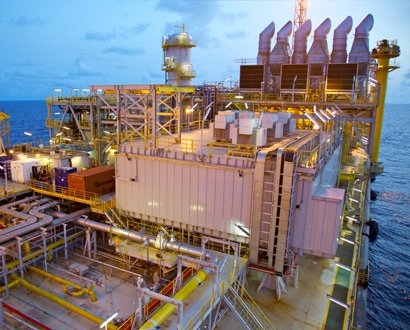IMO’s net-zero shipping rules drive investment in fuels

The International Maritime Organization (IMO) has announced that the global shipping sector is set to invest significantly to achieve net-zero emissions.
This transformation is expected to affect supply chains, business models, vessels, ports, and the maritime workforce.
In April this year, IMO approved new regulations concerning net-zero ship fuels and emissions under the IMO Net-Zero Framework, which are set for adoption in October.
The call for substantial investments in decarbonisation is intensifying, particularly in the production of alternative fuels necessary to replace the 350 million tonnes of fuel oil consumed by ships annually.
Additionally, port infrastructure and bunker operations will require upgrades to facilitate the safe provision of clean energy to vessels at ports worldwide.
The World Shipping Council reports that approximately 200 container ships are already operational with the capability to utilise zero or near-zero emission fuels (ZNZ fuels), and nearly 80% of new orders for container ships and vehicle carriers are expected to feature similar hybrid capabilities.
Speaking at the Blue Economy Finance Forum in Monaco, IMO Secretary-General Arsenio Dominguez said: “Regulations alone cannot do the job. We need technological development and we need alternative fuels… And that can only happen in one way – with investment.”
The IMO Net-Zero Framework introduces a dual approach, establishing a global fuel standard that limits the greenhouse gas (GHG) intensity of marine fuels, alongside a pricing mechanism for GHG emissions from ships.
This regulatory framework aims to signal demand to fuel producers and incentivise early adopters—shipping companies that implement low- and zero-emission solutions ahead of others, allowing them to share their insights and experiences.
The framework complements previous IMO measures focused on enhancing energy-efficient ship design, operational improvements, and carbon intensity ratings, with reviews scheduled every five years to progressively tighten emission limits.
Dominguez noted that these regulations will be mandatory for all ocean-going vessels engaged in international trade, irrespective of their flag.
The transition will necessitate significant training efforts, with an estimated half a million seafarers requiring upskilling by 2030.
Furthermore, safety protocols will need comprehensive updates to ensure the safe and efficient deployment of new fuels.
At the same event, CMA CGM executive vice-president Christine Cabau-Woehrel said: “It is a complete transformation of the shipping business. It will take ecosystems to do it together.”




